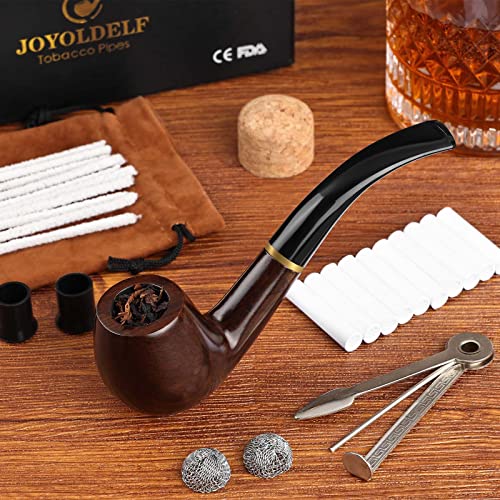Disadvantages of using copper pipes
Copper pipes have long been used in plumbing systems due to their durability and reliability. However, they also have some disadvantages that homeowners and plumbers should be aware of. In this article, we will explore the pitfalls of using copper pipes and why alternative materials may be a better option in certain situations.
Prone to corrosion
One of the main drawbacks of copper pipes is their susceptibility to corrosion over time. While copper is known for its resistance to rust, it can still corrode in certain conditions. If the water in the plumbing system is acidic or contains high levels of chlorine or sulfates, it can gradually erode the copper pipes. This can lead to leaks, pinhole leaks, and premature failure of the entire plumbing system. Corrosion is particularly common in areas with hard water, which has a high mineral content.
Expensive compared to alternative materials
Another disadvantage of copper pipes is their cost. Copper is a relatively expensive material, making it a pricier option for plumbing installations compared to alternatives such as plastic or PEX pipes. The cost of copper pipes can be a significant factor, especially for larger-scale projects or when replacing the entire plumbing system. In contrast, plastic pipes are generally more affordable and easier to install, making them a popular choice for budget-conscious homeowners.
Susceptible to freezing and bursting
Copper pipes are more susceptible to freezing and bursting compared to other materials. When water inside the pipes freezes, it expands, putting pressure on the pipe walls. This pressure can cause the copper pipes to burst, leading to costly water damage. While other materials, such as plastic, are more flexible and can withstand the expansion caused by freezing water, copper pipes are rigid and more prone to bursting. Insulating copper pipes or using alternative materials in areas with freezing temperatures can help prevent this issue.
Prone to theft
Due to its scrap value, copper piping is prone to theft, especially in commercial or unoccupied properties. Thieves may target these properties to steal the copper pipes and sell them for a profit. This not only leads to the loss of the plumbing system but also can result in significant damage to the property due to the removal of pipes. Installing surveillance systems or using alternative piping materials that have less resale value can help deter theft and protect your property.
Limited availability in certain sizes
While copper pipes are widely used and readily available, they may have limited availability in certain sizes or configurations. This can be a disadvantage when it comes to retrofitting or upgrading plumbing systems, particularly in older buildings that may have unique or non-standard pipe sizes. In these cases, finding the necessary copper pipes or fittings may be more challenging or require custom fabrication, which can be time-consuming and costly. Alternative materials, such as PEX pipes, are more versatile and can be easily adapted to different plumbing configurations.






